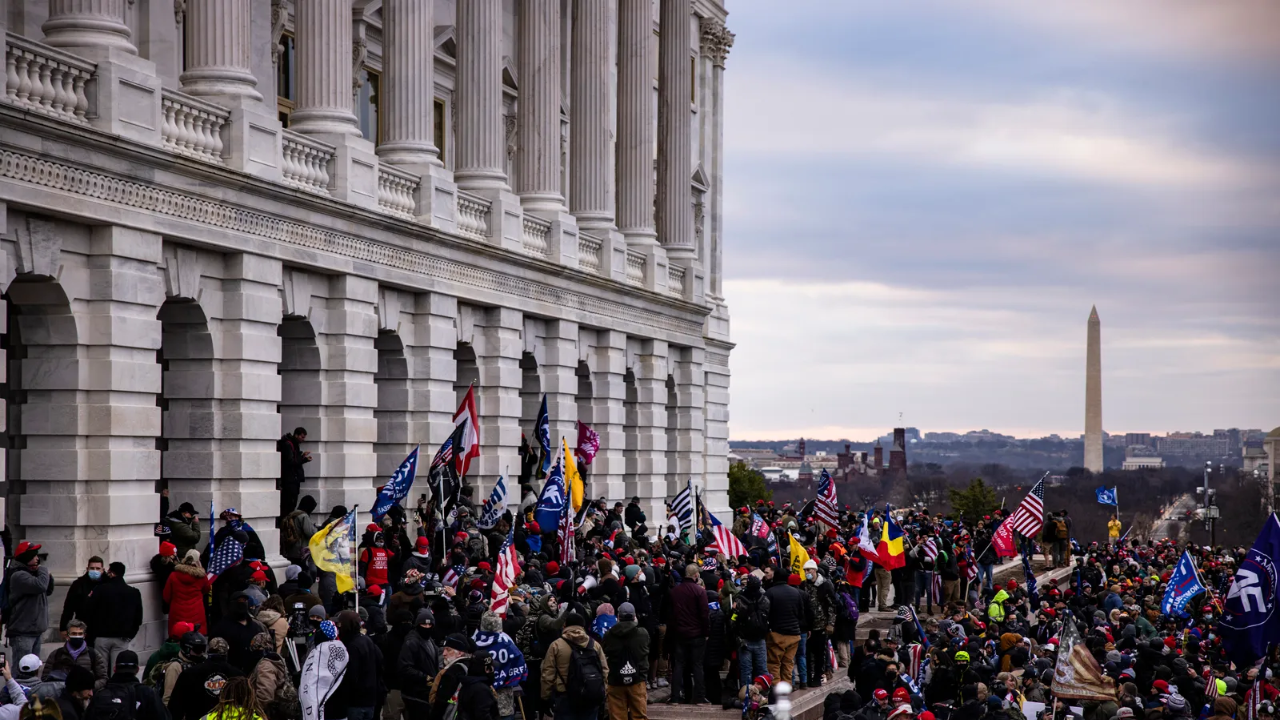Former President Donald Trump has reportedly told Republicans to erase the January 6 Capitol riots from history, according to a congressman’s statement.
This claim has added to the ongoing debate about how the events of that day are remembered and discussed in political circles.
The January 6 riot, which shocked the nation, involved a violent attack on the U.S. Capitol by a mob trying to stop the certification of the 2020 presidential election results.
The attack led to multiple deaths, injuries, and widespread damage, making it one of the darkest days in recent American history.
According to Congressman Adam Kinzinger, a Republican known for speaking out against Trump’s handling of the incident, Trump has encouraged members of his party to rewrite the story and ignore the truth about what happened.
Kinzinger said that Trump’s goal is to “erase” the events from history so that people will forget about the violence and chaos that unfolded.
This statement came amid ongoing investigations and discussions about accountability for the January 6 attacks. Many Republicans have downplayed the riot or refused to fully acknowledge the severity of what took place.
Trump and his allies have often described the event as a peaceful protest or have shifted blame away from themselves.
Kinzinger, who served in the military and has been vocal about defending democratic institutions, strongly disagrees with this approach. He believes that hiding or altering the facts about January 6 is dangerous and harms the country’s ability to learn from past mistakes.
The congressman’s comments highlight a division within the Republican Party. Some members continue to support Trump and his narrative, while others call for truth and responsibility regarding the Capitol attack.
Experts warn that attempting to rewrite history can weaken democracy and make it easier for similar events to happen again. Understanding what truly happened on January 6 is important for safeguarding the future of the country.
The controversy also raises questions about how political leaders use history to influence public opinion and shape their parties. The January 6 riot remains a critical point of discussion as the nation moves forward.
More than three years after the attack, the effects of January 6 are still felt in politics, law enforcement, and public trust. Investigations continue, and new details keep emerging, showing the complexity of the event and its aftermath.
This ongoing debate over how to remember January 6 is a reminder that history matters. How people choose to tell the story affects the future of democracy and justice in the United States.






